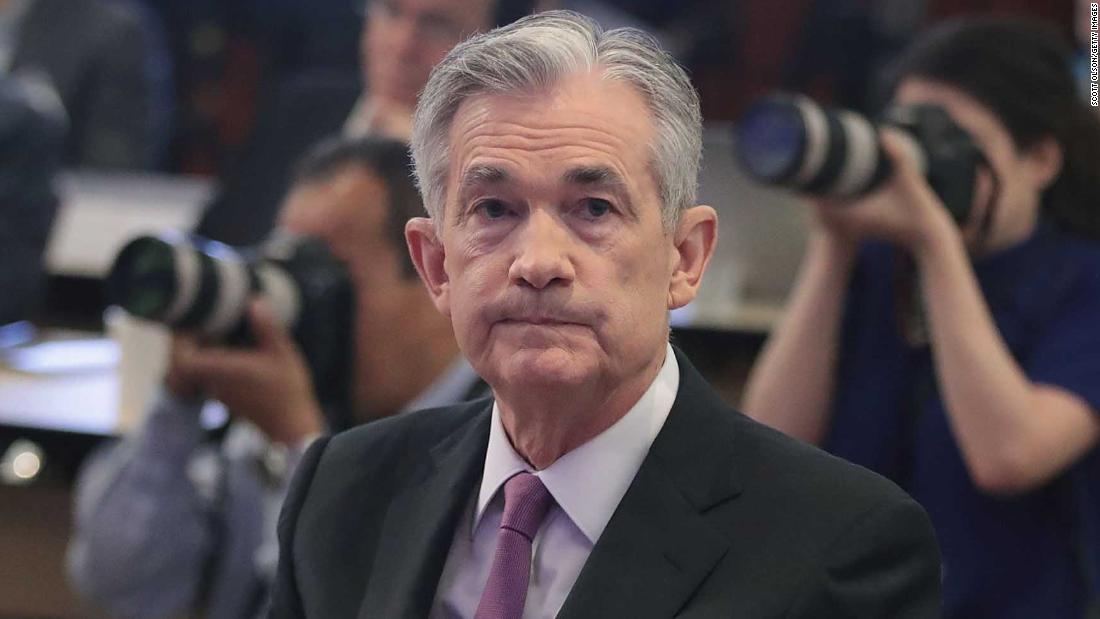3 min
The Great Recession: The downturn that wouldn’t end
The Great Recession ended 10 years ago, but University of Rochester economist Narayana Kocherlakota says it is still very much with us. David Primo, associate professor of political science and business administration, agrees that the country continues to feel the effects of the recession, though his take differs from Kocherlakota’s. And Lisa Kahn, a professor of economics at the University of Rochester, sees another lasting effect from the Great Recession. “Unemployment is very low right now, leading people to think that we’ve recovered,” says Kocherlakota. “Income levels, however, are now as much as 15 percent below where they might have been, if not for the recession.” Many economists blame the income slowdown on a natural decrease in the rate at which new ideas are discovered. But Kocherlakota, former president of the Federal Reserve Bank of Minneapolis, attributes it to something else. “Businesses don’t want to lock up money in physical investments because they’re nervous about another Great Recession,” he says. “That’s why there’s less innovation, and that’s why we have an income slowdown.” The Great Recession began in December 2007 after the bottom fell out of the US housing market. That was followed by a shortage of assets in the financial markets and the collapse of the financial sector, including banks, credit card companies, and insurance companies. The recession, the worst in the US since the Great Depression of the 1930s, officially lasted through June 2009, though unemployment levels didn’t peak until October of that year. According to Primo, the losers were homeowners, among others. The banks, which many observers say bear some responsibility for the recession, were bailed out by the government, while homeowners were not. That perceived double standard has led to the Occupy Movement, support for Democratic presidential candidate Bernie Sanders, and the election of Donald Trump, according to Primo. “Economists may be 100 percent correct in saying it was necessary to bail out the banks,” says Primo. “But that’s a difficult political argument to hear if you lost your house, while banks were bailed out.” Says Kahn: “Many firms take the opportunity provided by a recession to introduce technologies that reduce their reliance on workers. In the old days, we had bank tellers giving out money; now machines can do that,” she says. “In manufacturing, we’re shifting more and more to machines instead of workers. And a lot of that shift takes place during recessions.” Kahn points out that wages and employment have been falling for the last 30 years in exactly the types of jobs that are increasingly performed by machines. Kahn identifies an additional recession-related phenomenon, one that specifically targets college graduates. “It has always been bad to graduate during a recession,” says Kahn. “But the lost earnings from the Great Recession are much larger than they were in previous downturns, and it’s something that will stay with them long term.” Not only are fewer jobs available, the graduates find themselves competing against experienced workers who had recently been laid off. The net result is persistently lower wages.










































